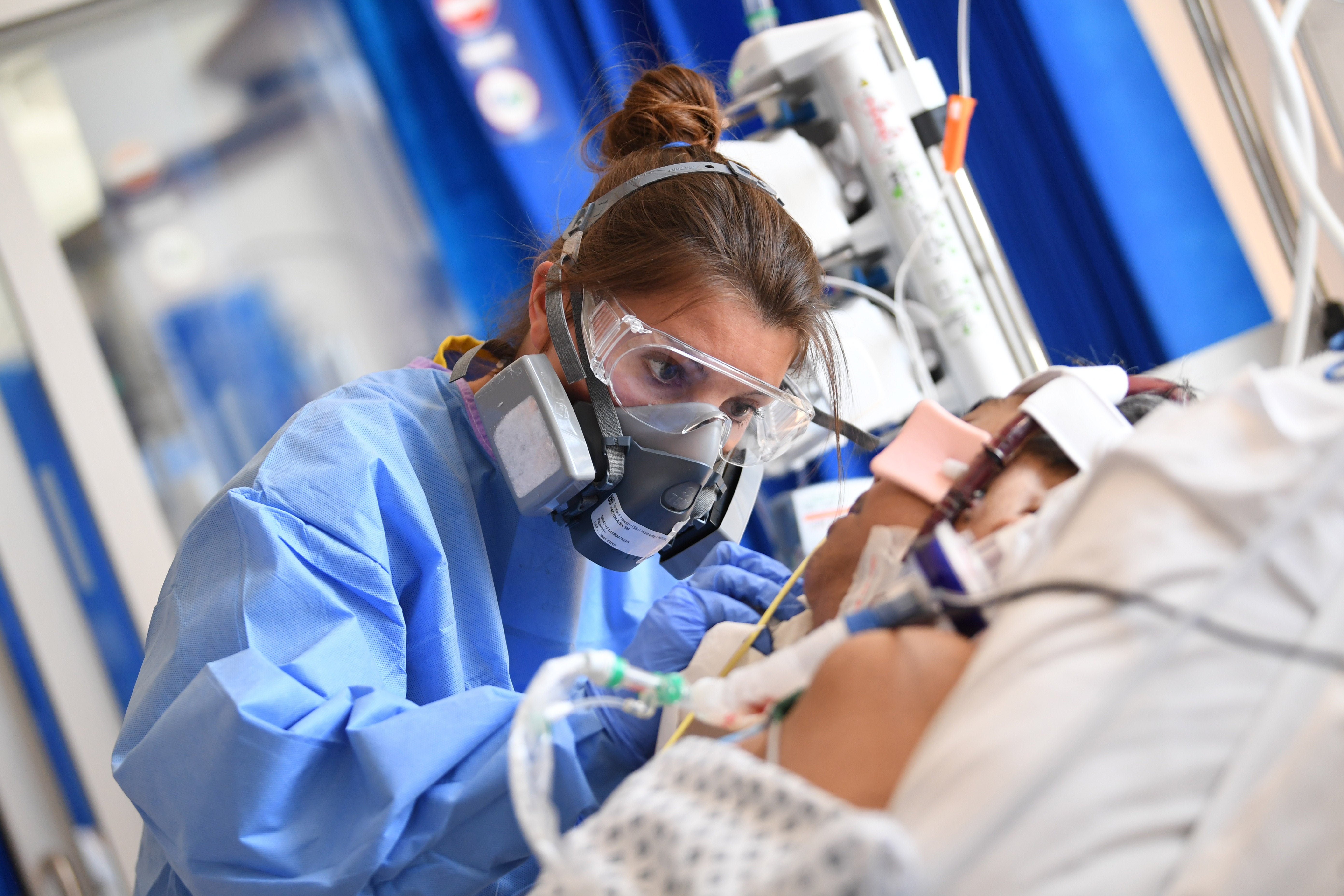Lassa fever: Major incident declared at hospital after more cases
NHS staff at hospital in the East of England forced to isolated after treating Lassa fever patient

Your support helps us to tell the story
From reproductive rights to climate change to Big Tech, The Independent is on the ground when the story is developing. Whether it's investigating the financials of Elon Musk's pro-Trump PAC or producing our latest documentary, 'The A Word', which shines a light on the American women fighting for reproductive rights, we know how important it is to parse out the facts from the messaging.
At such a critical moment in US history, we need reporters on the ground. Your donation allows us to keep sending journalists to speak to both sides of the story.
The Independent is trusted by Americans across the entire political spectrum. And unlike many other quality news outlets, we choose not to lock Americans out of our reporting and analysis with paywalls. We believe quality journalism should be available to everyone, paid for by those who can afford it.
Your support makes all the difference.A major incident has been declared by the NHS in the East of England after hospital staff who treated a Lassa fever patient were forced to isolate.
Three cases of the Ebola-like virus have been confirmed in the UK and one patient has died, the UK Health Security Agency has confirmed.
Staff who were in direct contact with one of the three patients at a hospital in Cambridge have been advised to self-isolate.
In a statement on Friday, the NHS reassured the public that the risk from Lassa fever “is very low” and said the major incident was declared because of the impact the self-isolation periods will have on key services.
The spokesperson said: “Lassa fever is spread through contact with infected bodily fluids. It is not spread by air.
“UKHSA advice is that some staff at the hospitals where the patients have been treated may need to undergo testing and wear more personal protective equipment (PPE) than normal.
“Staff in direct contact with confirmed cases will have to self-isolate for a period of time. This is standard procedure and precautionary only.
“Because of the impact this will have on staffing key services in our region we have declared a regional major incident. This allows the region’s healthcare systems to work together to keep services running safely.
“Some hospital services will be affected, with a number of services either postponed or moved to a different location. Patients that are affected by this will be contacted directly.”
According to reports in the Health Service Journal, Cambridge University Hospitals NHS Foundation Trust was forced to close a “substantial” portion of its critical care beds due to staff being told to self-isolate after being in contact with one of the patients.
The first death from Lassa fever in the UK was confirmed on Friday after a person from Bedfordshire died. All identified cases are from the same family in the East of England and are linked to recent travel to west Africa, the UKHSA said.
One of the cases identified has recovered and the other is being treated at the Royal Free London Foundation Trust.
UKHSA is contacting individuals who have had close contact with the cases prior to their infections being confirmed.
“The UKHSA and the NHS have well established and robust infection control procedures for dealing with cases of imported infectious disease and these will be reinforced,” said Dr Susan Hopkins, chief medical advisor at UKHSA.
Since 1980, there have been eight cases of Lassa fever imported into the UK, with the last two cases occurring in 2009.



Join our commenting forum
Join thought-provoking conversations, follow other Independent readers and see their replies
Comments